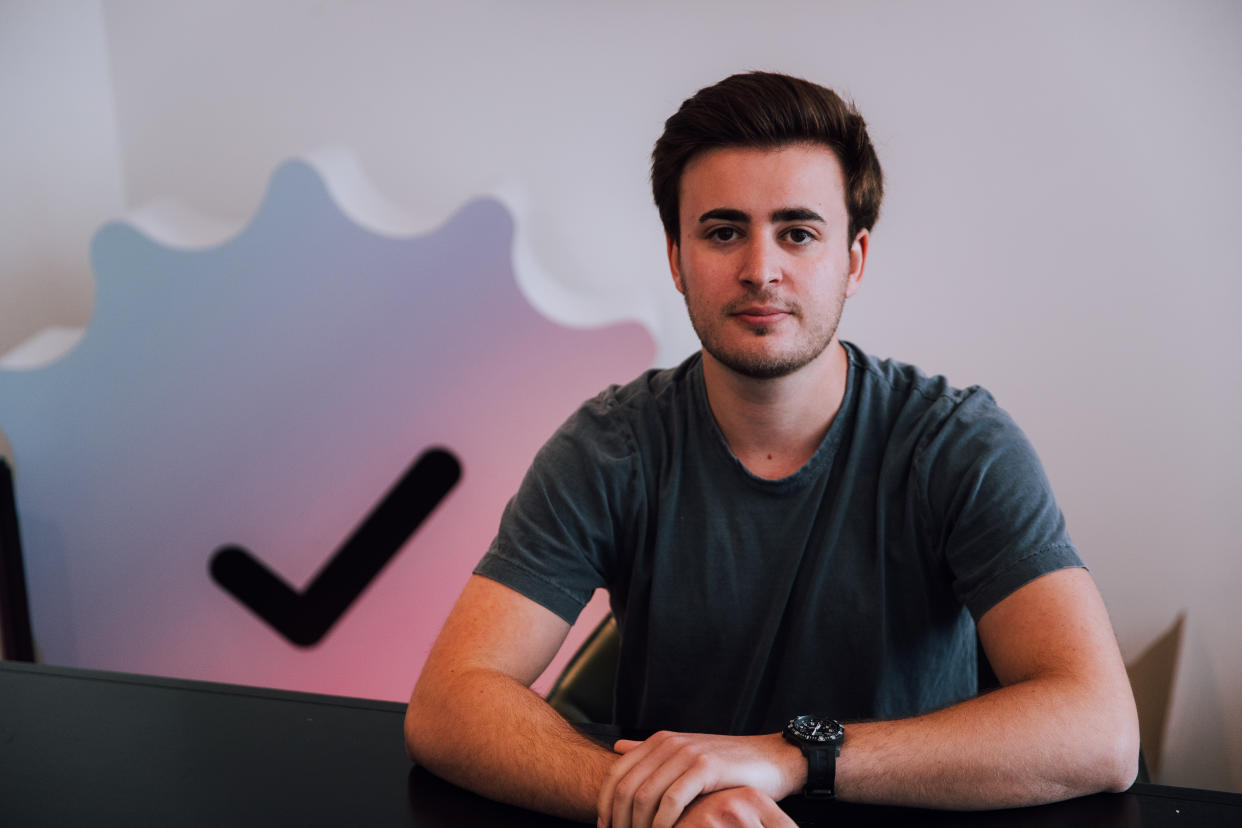'I was 21 when Fanfix was sold for millions – I thought I knew everything as a CEO'

British serial entrepreneur Harry Gestetner, 23, moved to Los Angeles aged 15 before studying at Tulane University where he met Simon Pompan. They co-founded subscription content monetisation platform Fanfix in 2021 before a reported £52m acquisition to brand accelerator SuperOrdinary just 10 months after launch.
There is a stigma for entrepreneurs post acquisition where the Number one question all my founder friends ask me now is "What’s it like having a boss?"
I never really had a boss until we sold Fanfix to SuperOrdinary in 2022, but post acquisition I took on the role of chief digital officer under Julian Reis, founder and CEO at SuperOrdinary.
I have been incredibly lucky. Julian is a successful entrepreneur with a hedge fund background. He’s well liked, respected throughout the ranks, and he treats and makes an effort with everyone in the same way. That’s easy to neglect as a CEO.
Read More: My first boss: Ahad Khan, CEO of Kajabi
I was 21 when Fanfix was acquired and I thought I knew everything. In reality, I had never run a full team or seen the inside of a big operation, a near $1bn company on the road to going public, and how a leader motivates 600 employees.
Julian has taught me to think high-level and strategically and not to put too much energy into fighting small battles with people.

Letting staff have creative freedom is a very good thing and he has allowed us entrepreneurs to execute our vision. It’s incredibly motivating when your leader has that level of trust in you.
Julian has also influenced my philosophy on what my job was as CEO of Fanfix. To hire the best people, set the vision, cut away the red tape and get them the resources to execute ideas.
Read More: How my British diplomat boss taught me value of kindness
As an entrepreneur you’re doing things every day that you haven’t done before. As the company grows and evolves you have to unlock new levels of yourself, be a constant learner and have a sense of humility. Rejection after speaking to 100 investors taught me that.
As a non-technical founder it was about speaking to engineers, it was about trying to find investors, learning how to deal with rejection and how to pitch properly and fundraise.
It was about how to hire people and sell them your vision and dream, then to motivate people and grow a company from a few friends having fun together into a proper organisation. I had to learn on the job.

It was also about exciting users to come and join our platform.
There have been hundreds of start-ups in this space which nearly always fail; creators are busy and if you think about the social media platforms they post on, there are only really four or five. To join another platform there needs to be something significant that makes it worth it for them.
There are over 50 million creators globally. And Goldman Sachs predicts there will be 150 million in the next five years. A high proportion of Gen Z wants to be a creator when they grow up. I am bullish on the creator economy and AI will be a very interesting tailwind.
Read More: How do you make a billion dollars as an influencer? Ask Ed East
I love anything to do with tech or start-up content. If I was creating content I would be doing something like Our Future, a Gen Z tech start-up podcast.
I’ve been an entrepreneur since I was 11 and I started a clothing company. I’ve had a fascination in building and creating things ever since and it’s exciting being able to take an idea in my head and create a product that many people use and could impact their lives.
Fanfix now has over 15 million users and a team of 65. We have already paid out tens of millions of dollars to creators and projects.
At Fanfix we want to be able to pay out $1bn to creators by 2027. With our growth trajectory that is very possible.
Watch: ‘It’s like a game.’ Gen Z says they’re ditching dating apps
Download the Yahoo Finance app, available for Apple and Android.



